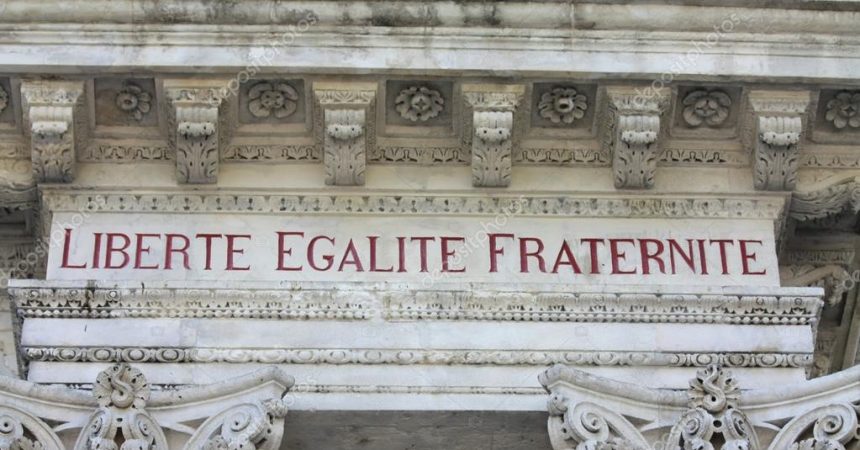Independent journalism has become the last firewall against government and corporate lies. Never before has independent media been more endangered. To transform these negative forms of social influence and create positive change, we must fight – with truths – against the lies that smother our democracy.
This means taking heroic action during crucial moments in our lives, escape attacks on freedom that deny us control of our society, and believe in common dreams and people-powered independent media.
The opposite of a hero in this context is not a villain – it is a bystander – an individual who does nothing during adverse situations.
We must act with integrity, compassion, and moral courage, refocus support for independent journalism and prevent conformity, obedience, and the bystander effect to shape our decisions in ways harmful to ourselves and others.
There is no question that recent attacks on journalists are a reminder that progress in press freedom is fictitious and that spying on injustice presents the real possibility of death.
It was the reality of Jan Kuciak, after he began reporting on allegations of tax evasion and fraud involving high-ranking public officials and tycoons in Slovakia. He is not the first. Just a few months before his death, a car bomb was used in the assassination of Maltese journalist Daphne Caruana Galizia who prominently investigated and disseminated information on public affairs.
Public discussion by public officials has provided a remarkable display of misdirection and outright lying. For instance, a day after her murder, former parliamentary secretary Deborah Schembri revealed the true character of the state, one that is utterly antithetical to the purpose of journalism, underscoring how precarious any freedom of the press is in Malta.
She is the same person who previously served as a member of the Parliamentary Privileges Committee, modelled after the parliamentary system of the United Kingdom that grants special exemptions from general law and immunity against civil or criminal liability.
These special privileges are enjoyed by state officials, including members of parliament over the citizens of Malta for actions done or statements made by them in the course of their legislative appointments.
In addition, former PN minister and EU commissioner John Dalli and health minister Chris Fearne had previously branded Caruana Galizia as a terrorist and blogger respectively, a strategy that brought out the hostility towards journalists they can’t control.
The evidence is abundant that once journalists are branded as bloggers or activists, they are cast out of the circle of protection for journalists and become vulnerable to criminal treatment.
This rationale was experienced by Glenn Greenwald, the American journalist who detailed the United States and British global surveillance programmes, based on classified documents disclosed by Edward Snowden in 2013.
This echoes both John Edgar Hoover’s FBI, which targeted environmental, anti-war, political and civil-rights activists; and organisations supportive of Palestinian rights; and the recent characterisation of political opponents as national threats (treason is the crime covering extreme acts against one’s nation or sovereign) or terrorists by those in power.
The former designation has been repeatedly proven to be irresistible to individuals such as former GWU boss Tony Zarb, former GWU newspaper editor Josef Caruana and Foundation for Social Welfare Services CEO Alfred Grixti. Recent remarks by transport minister Ian Borg that place the interests of the majority of the electorate above, and at the expense of, those in the minority chillingly underscores the oppression of minority groups by tyrants or despots as argued by John Stuart Mill in his famous 1859 book “On Liberty”.
The same fears on popular majority rule electing a political leader who sets out to harm minorities or work for those of the upper echelon, had been argued by the American founding father Alexander Hamilton.
The resulting shift towards social ethics that are minimal while profit-making schemes are maximised is clearly seen in citizenship scheme unsurprisingly orchestrated by Prime Minister Joseph Muscat.
Rather than work for the benefit of all citizens, and particularly for those who painfully labour all their life, he pursues his delusional sense of grandeur by sucking up to financial power and serving the interests of foreign and domestic businesses and corporations.
As he continues to do so, Glenn Bedingfield puts a “High Five” on those people who put profit at the top of their list of achievements of a Socialist Labour government (Bedingfield 2018).
These attitudes are not exclusively connected with the Labour government, but this situation is untenable.













